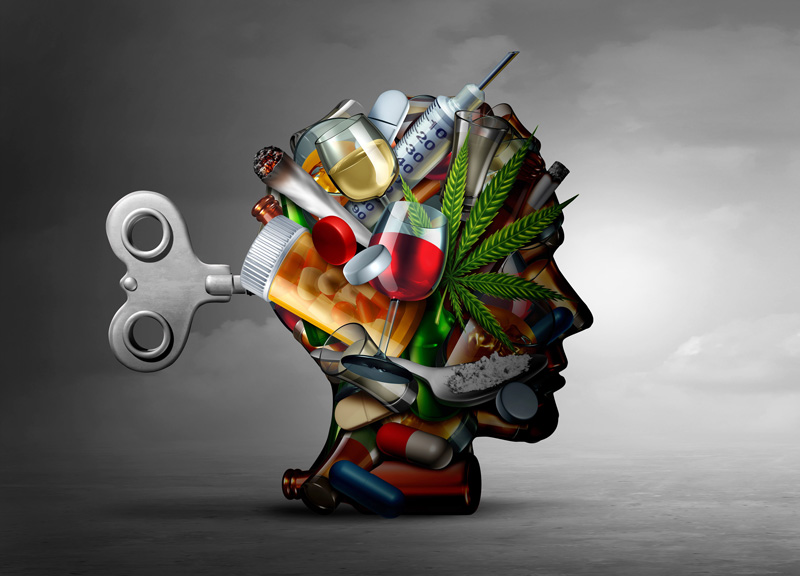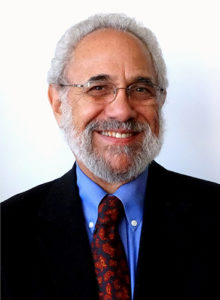Recent reports about the problems that have emerged with Oregon’s experiment in the decriminalization of drugs have rekindled debate about this approach to reducing the damage that results from the current policy of criminalizing illegal substances. I tilt against decriminalization as currently defined.

I feel very lucky that I was never caught using, storing, sharing, or selling marijuana when I was a young man. I think sometimes about how dreadfully different my life might have been, and I feel great sympathy for young people who have been caught and subjected to very severe penalties. That should never happen. Drug use of the kind that is an ordinary part of being a young person in America should not land them in jail or prison with ruined lives.
So, I am very sympathetic to the idea that the use of all illegal drugs should be “decriminalized”, i.e., that there should not be criminal penalties for ordinary drug possession and use. And, of course, I am also sympathetic to the idea that this should be combined with a vast increase in the prevention and treatment of addiction.
But it seems to me that the current policy of “decriminalization” is misconceived. It protects illegal drug users from criminal prosecution but does nothing at all about illegal drug producers and dealers. For them, the failed policies of the “War on Drugs” continue; and, as a result, decriminalization does nothing to disrupt the illegal drug business, which is the source of drug-related violence and of overdose deaths due to adulterated drugs.
Advocates for humane drug policy need a broader conceptual approach, much broader. But unfortunately, most discussions of drug policy focus exclusively on the so-called “illicit” drugs—cannabis, cocaine, heroin, methamphetamine, etc. This is a very limited view of the dangers of substance misuse or addiction. Tobacco is a dangerous substance; there are nearly 500,000 tobacco-related deaths a year in the United States. Alcohol is a dangerous substance; there are about 150,000 alcohol-related deaths every year. Many medicines are dangerous if used incorrectly; the number who die from the misuse of prescription and over-the-counter drugs is unclear.
Despite their health risks, the production, distribution, sale, and use of tobacco, alcohol, and medications are not criminalized; they are regulated. And this approach is generally regarded as striking a reasonable balance between the government’s obligation to protect people from harm and its obligation to protect individual freedom.
Regulation certainly has a better outcome than the criminalization of “illicit” drugs, which has been an abysmal failure. It has resulted in the overpopulation of jails and prisons (disproportionately with people of color), ruined lives, broken families, widespread corruption, and violence perpetrated by dealers of illegal drugs that overflows into poor communities, especially poor communities of color. In addition, despite the war on drugs, drug overdose deaths have been increasing at an alarming rate.
It is worth recalling that there was once a war on alcohol in the United States, which was also an abysmal failure. The remarkably successful end of prohibition was not the decriminalization of drinking. It was a thoroughgoing system of regulating the production, distribution, sale, and use of alcohol.
It is also worth recalling that the way that the United States got control of the “snake oil” salesmen of the 19th century was not by criminalizing the use of phony medications but by a system that made medications that are safe and effective available via prescriptions from physicians and other means. The Federal Food and Drug Administration studies and approves medications. Manufacturers are subject to safety protocols. Drug distributors and drug stores are required to control their sales. Medicine users get instructions on use.
Tobacco is also subject to regulatory controls including restrictions on age of purchase. And the use of tobacco has declined dramatically because of remarkably effective public education campaigns.
These approaches and not decriminalization of drug use should be models for the reform of drug policy in the United States. Thoroughgoing regulatory control rather than criminal control should be the core policy.
The regulatory control of dangerous substances is sometimes referred to as the “legalization” of drugs. But this is very misleading. The term suggests unlimited access to substances that may or may not be safe, and no one supports that. Government control of potentially dangerous substances is necessary. But that can be accomplished via a comprehensive, regulated system that includes manufacture, distribution, sale, use, and very importantly prevention and treatment.
Decriminalization? Yes, no one should be subject to criminal penalties for the ordinary use of what are currently illegal drugs. Yes, there should be a vast increase in prevention and treatment. But this needs to be combined with a new approach to controlling the supply of currently illegal drugs by making them available safely; by regulating manufacture, distribution, and sale; and by criminalizing those who go outside the regulated system.
Michael Friedman is a retired social worker who has worked as a behavioral health advocate for over 50 years. He is the author of over 250 articles, essays, book chapters, and more. Most can be found at www.michaelbfriedman.com.







